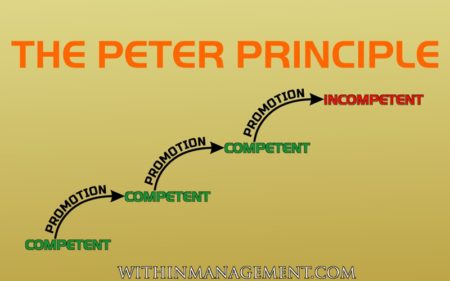So, in the old days, companies built out huge, elaborate structures. They had tons of management layers. Why? In short, they wanted to prevent communication between leaders and workers. What better way to do that than force workers to go through 3 or 4 layers of bureaucrats before they get to anyone who could make a real decision?
But that got way too expensive for them. In the neoliberal era, companies started targeting middle managers (and other people who don’t work – but don’t have the power to fight back) for layoffs. They did so mainly due to pressure to cut costs. Sure, companies can lay off their actual workers. But that has certain limits. You can’t lay off everyone who does real work. That would also eliminate profits!
We can’t have that now, can we?




